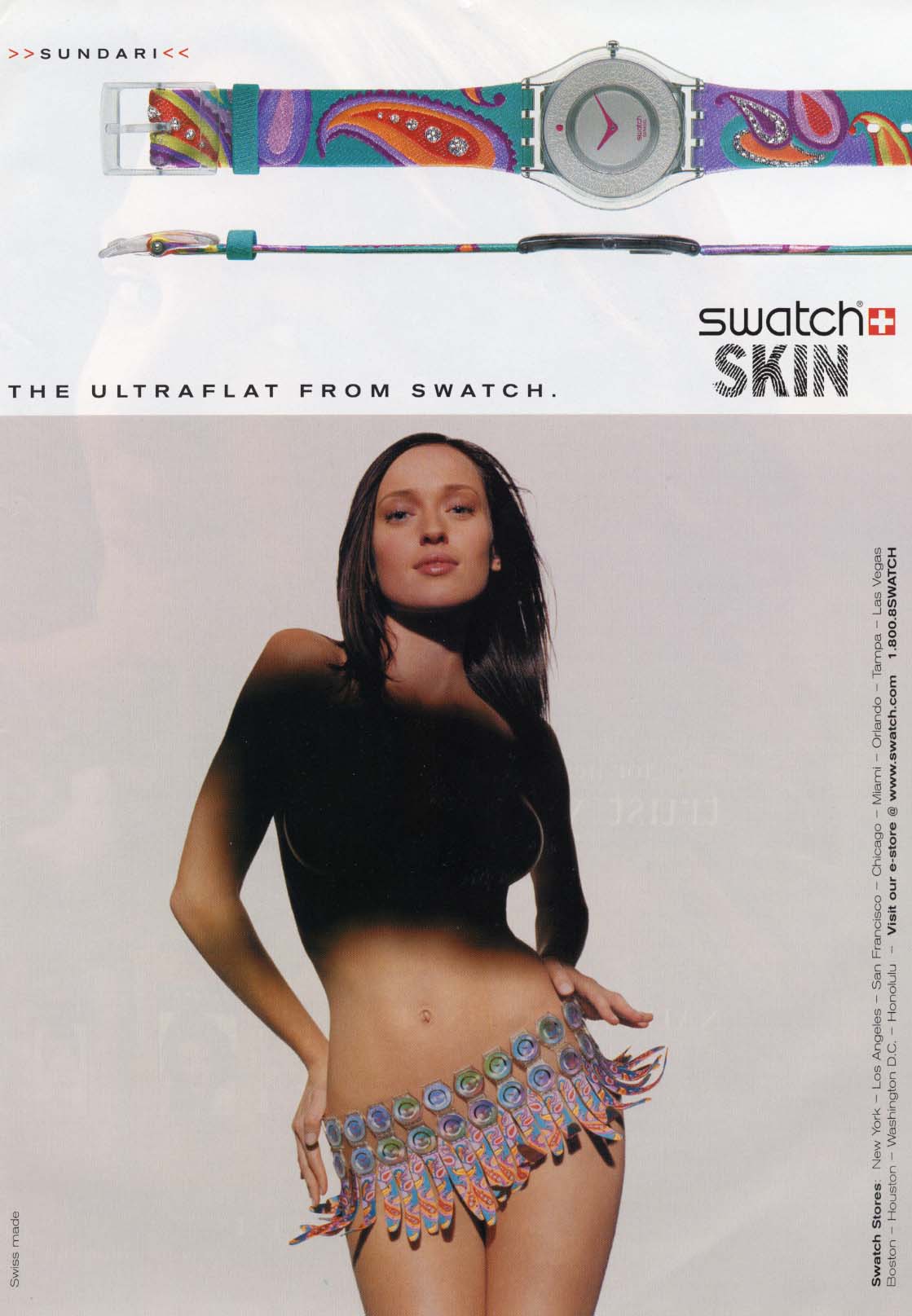Largest watchmaker Swatch Group has initiated an investigation that could eventually reduce its deliveries of the mechanical watch movements and components to third parties.
The group enlisted the services of the Swiss Competition Commission (Competition Commission) to conduct the investigation, and create a mutually acceptable solution that will allow the group to resign from his role as the movements and component suppliers.
The Swatch Group currently supplies movements and components from third parties, including competitors, Richemont and LVMH. Swatch said the move would be "in the interest of the watch industry."
Sydney-based watchmaker Nicolas Hacko said the limited supply of spare parts will be disadvantaged independent watchmakers.
Many independent watchmakers should have to change your patch in the retail, service models instead of the new year, because it is easier to get parts, or to focus on watches and pocket watches, however - none of which is appropriate for them, according to Hack .
"All options require additional working capital and investment in new tools and equipment to serve the market segment that has steadily decreased," said Hack.
"Look at the repair skills are woefully underused and watchmakers, many are forced to retire early," he added.
Hacko said the limited supply of spare parts has caused the average cost of repair service for medium quality to increase Omega watches from $ 200 to over $ 600, while the average cost of repair services for Rolex watches was increased from $ 450 to $ 1,200 in the last 10 years.
Dennis Coleman watchmaker and jeweler, who runs Balwyn Jewellers based in Victoria, carries out the repairs and said it shows the movement that greatly affect 50 percent of its repair business centers around the Omega and Longines watches - which are trademarks of Swatch.
However, Coleman said that if the movement can be problematic for local watchmakers would not be such a problem would have been a few years ago.
"Many do not watch repair orders as they did because of the scarcity of parts of the guard. Most people see the workshops these days simply ask customers to take their watches back to where they bought it, "said Coleman.
He said he could understand the background of the decision by Swatch.
"The reason why the group is doing this is because there are too many sub-standard watchmakers out there who want to buy Swatch pieces, but I do not know how to adjust or adapt their fake watches, which is not good for Swatch," Coleman said.
"I do not think it was a total Swatch scarecrow. It's just hard for them to distinguish between right and wrong view. The action will have negative effects on manufacturers of watches that do a good job," said Coleman.
Coleman said he now viewed his source material supply houses in some parts of California and New York.
Finally, Hacko said that consumers would be those most disadvantaged by passing Swatch.
"The loser of this game is, ironically, the consumer. There is no option, the consumer not only against the high costs of repair, but the longer the interview, and a change three to six months is now common practice "Hacker said.
















































